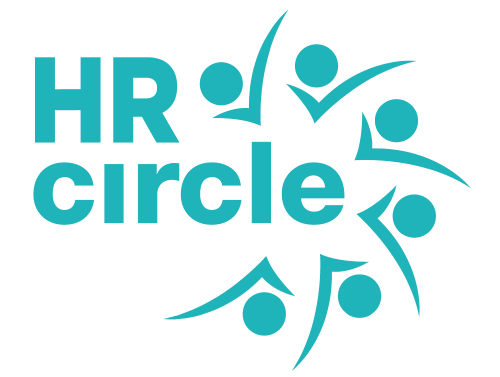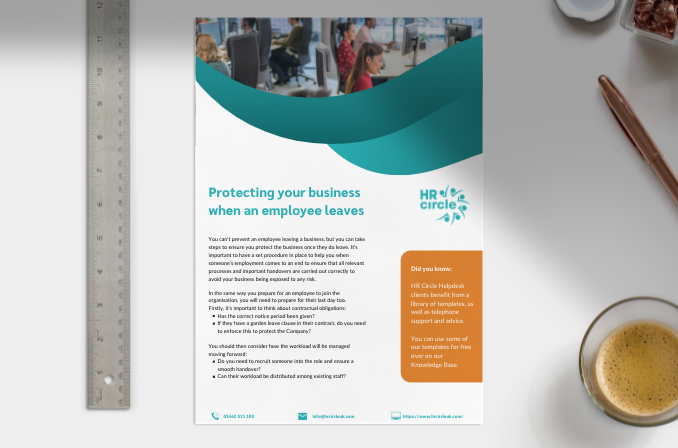With the growing prevalence of the gig economy and staffing shortages impacting many industries, human resources departments and business managers are feeling increased pressure around managing and allocating resources effectively. From rota creation to recruitment, HR could play a vital role in supporting any business functions fulfilled by gig economy contractors, however, not every business has access to human resources professionals. We’re here to help with our outsourced HR service; however, in the first instance we’d like to present some specific advice around allocating resources effectively in the gig economy, and avoiding misclassification of workers.
1. Consider utilising proven gig platforms
There are a number of apps that provide on-demand workers, which paves the way to a flexible workforce. This is particularly helpful during busier times of the year, for example when many restaurants were moving to outdoor dining amid the pandemic.
Platforms like these can assist with vetting, hiring and even paying gig economy workers, for example food delivery apps during the football World Cup.
This separation from your permanent workers enables you to silo your processes, meaning potential efficiency improvements; undoubtedly onboarding processes will be slightly different, along with various other aspects. Managing all staff through the same pool may not be the most efficient, hence many businesses operating through agencies for gig economy staff. Additionally these platforms eliminate lag time in hiring and assist with retention.
2. Keep abreast of talent
It’s important a database is kept in order to keep tabs on who’s worked for the business. Maintaining this database will allow efficient communication when any needs arise; additionally it’s helpful to utilise experienced gig workers who are familiar with your business. Training and onboarding can be time consuming and costly, thus anything to minimise this provides numerous operational benefits.
3. Set workers up for success
Employees in the gig economy wish to be self-sufficient for the most part. Enabling them to track their expenses, look after their tax obligations and monitor hours worked will allow them to effectively monitor and manage their admin – this also has an added benefit of reducing time spent communicating these things manually.
Setting up detailed documentation including onboarding processes further reduces the need for reactive management. Gig economy management is all about being proactive – the more you do up front, the less you’ll need to do later.
Lastly, producing standard correspondence that can be passed on upon completion of work or the season will enable that final touchpoint to be efficient, leaving a lasting impression and ensuring the employee is happy to work with you again.
Need help with gig economy recruitment, retention and human resources outsourcing? Get in touch with our team.





